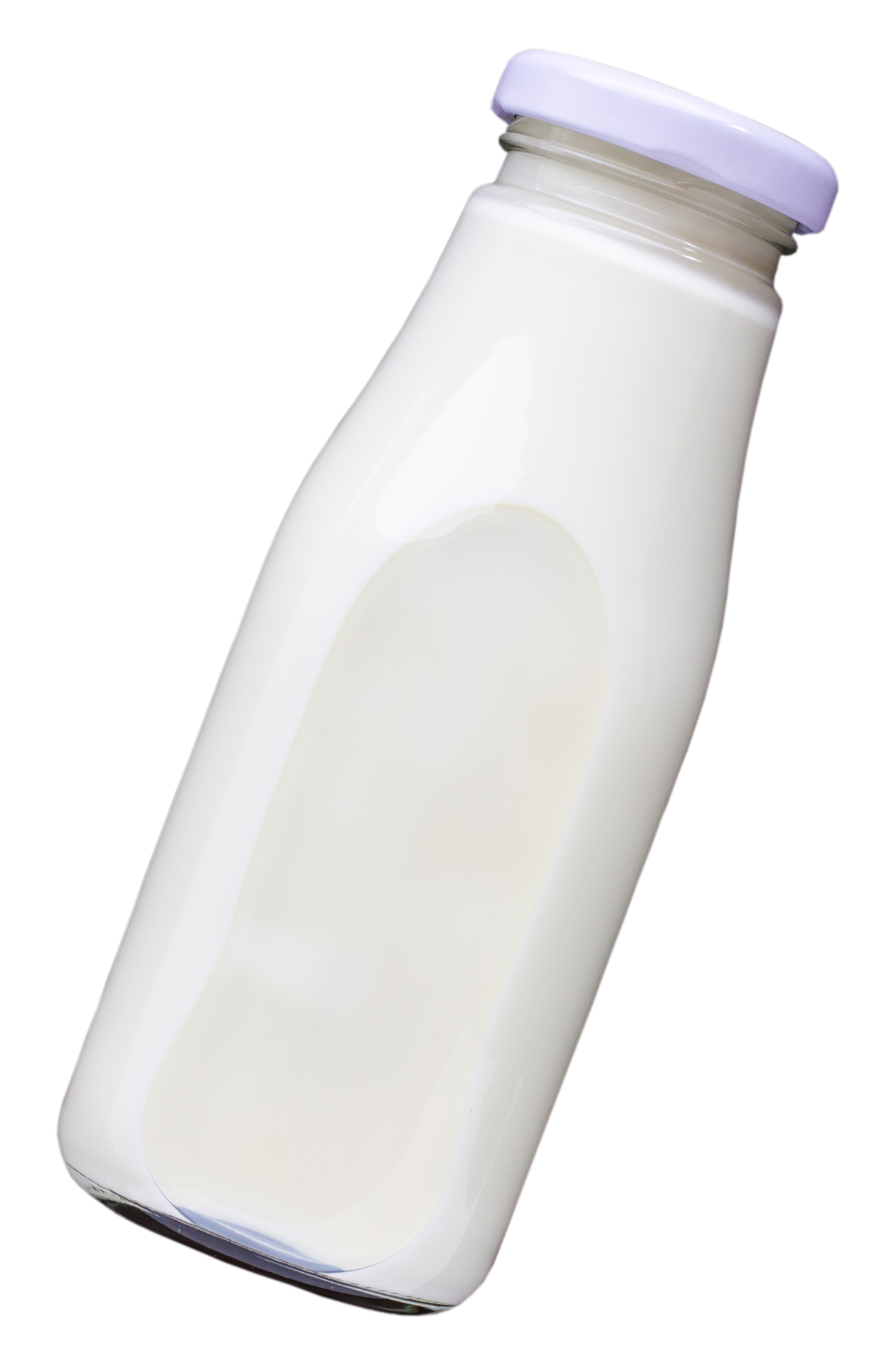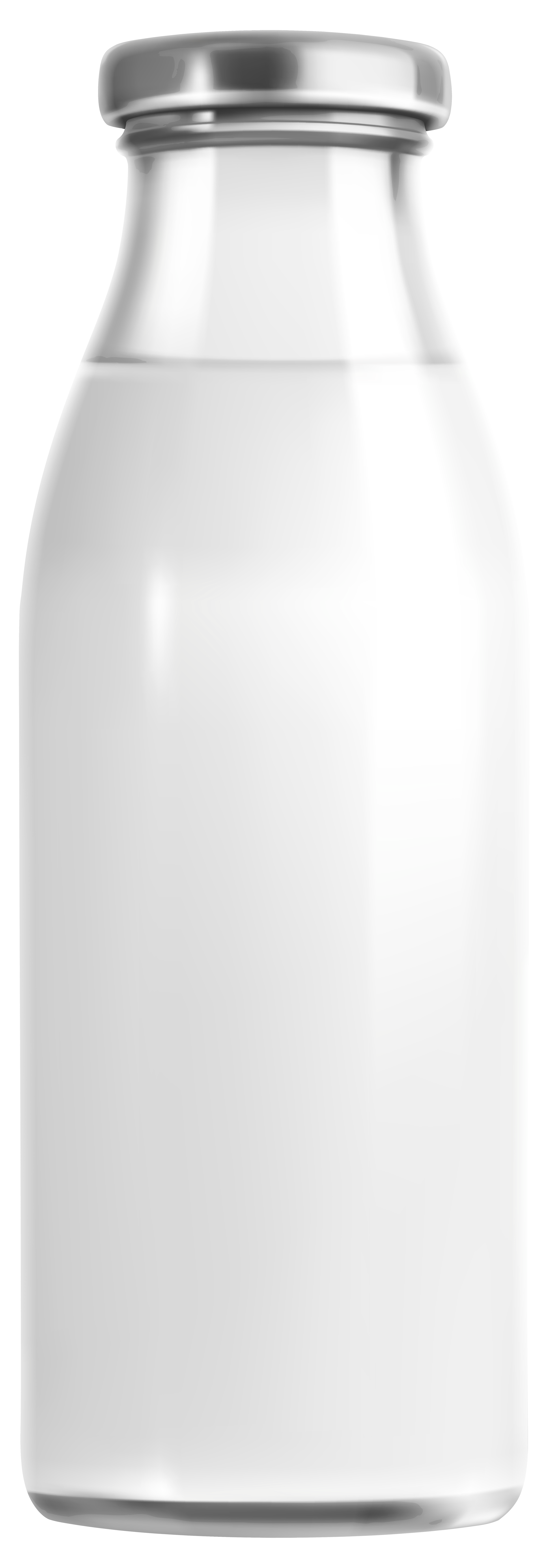Hey there, milk enthusiasts! Let's dive straight into the world of bottle of milk and uncover everything you've ever wanted to know. Whether you're a die-hard fan of dairy or just curious about the magic that happens inside those bottles, you're in the right place. This isn't just about milk; it's about the journey, the science, and the culture behind one of the most essential beverages on the planet. So grab a glass—or better yet, a bottle—and let's get started!
Now, I know what you're thinking: "What's so special about a bottle of milk?" Well, buckle up because we're about to explore the history, health benefits, environmental impact, and even some fun facts about this liquid gold. This isn't just a beverage; it's a lifestyle. And trust me, by the end of this article, you'll never look at your morning glass of milk the same way again.
So, whether you're a parent trying to make sure your kids get enough calcium, a fitness enthusiast looking for the perfect post-workout drink, or just someone who loves dairy, this guide has got you covered. Let's break it down, piece by piece, and discover why the humble bottle of milk deserves a spot in your fridge—and in your heart.
Why Bottle of Milk Matters: A Quick Overview
Let's face it, folks: milk isn't just any drink. It's a powerhouse of nutrients that has been a staple in diets across the globe for centuries. But why does the bottle of milk matter so much? For starters, it's not just about the milk itself—it's about convenience, freshness, and sustainability. Bottled milk has revolutionized the way we consume dairy, making it easier than ever to enjoy this nutritious beverage.
Health Benefits of Bottle of Milk
Alright, let's talk about the real reason most of us love milk: its health benefits. A single serving of milk can provide a whopping dose of essential nutrients, including calcium, vitamin D, and protein. These nutrients are vital for maintaining strong bones, supporting muscle function, and boosting overall health. And when you choose a bottle of milk, you're getting all these benefits in a convenient, easy-to-store package.
- Calcium for strong bones
- Vitamin D for better absorption
- Protein for muscle repair
- Potassium for heart health
History of Bottled Milk: From Cows to Cartons
Ever wondered how milk made its way from the farm to your fridge? The history of bottled milk is a fascinating tale of innovation and adaptation. Back in the day, people would milk their cows by hand and store the milk in clay pots or metal containers. Fast forward to the 19th century, and glass bottles became the norm, thanks to their durability and ability to keep milk fresh for longer.
Today, the bottle of milk has evolved even further, with options like plastic, cardboard, and even reusable glass containers. This evolution hasn't just changed the way we store milk; it's also had a significant impact on the environment and consumer behavior.
The Rise of Glass Bottles
Glass bottles were once the king of milk storage, and for good reason. They're reusable, recyclable, and keep milk fresher for longer. Many people still prefer glass bottles for their nostalgic charm and eco-friendly appeal. Plus, there's something undeniably satisfying about returning an empty glass bottle and knowing it'll be refilled and reused.
Environmental Impact of Bottle of Milk
Now, let's talk about something that's become a hot topic in recent years: the environmental impact of bottled milk. With concerns about plastic pollution and climate change on the rise, it's important to consider how our milk consumption affects the planet. The good news is that many milk producers are stepping up to the plate, offering sustainable packaging options and reducing their carbon footprint.
Whether you choose a glass bottle, a recyclable carton, or a biodegradable container, there are plenty of ways to enjoy your bottle of milk without harming the environment. And with more and more consumers demanding eco-friendly products, the dairy industry is listening and adapting.
Recycling and Reusing Milk Bottles
Recycling milk bottles is easier than ever, thanks to advancements in technology and increased awareness. Many communities now offer curbside recycling programs that accept plastic, glass, and cardboard milk containers. And if you're feeling extra eco-conscious, you can even opt for reusable glass bottles, which can be returned to the dairy for cleaning and refilling.
Types of Bottle of Milk: Which One Should You Choose?
Not all milk is created equal, and the same goes for milk bottles. From whole milk to skim, almond to oat, there's a wide variety of options available to suit every taste and dietary need. So, how do you choose the right bottle of milk for you? Let's break it down:
- Whole Milk: Rich in flavor and nutrients, perfect for those who love the full-fat experience.
- Skim Milk: Low in fat but still packed with calcium, ideal for health-conscious consumers.
- Almond Milk: A dairy-free alternative that's great for those with lactose intolerance.
- Oat Milk: Creamy, delicious, and eco-friendly, perfect for coffee lovers.
Organic vs. Conventional Milk
When it comes to choosing a bottle of milk, the debate between organic and conventional milk is one that often comes up. Organic milk is produced without the use of antibiotics, hormones, or synthetic fertilizers, making it a popular choice for health-conscious consumers. On the other hand, conventional milk is often more affordable and widely available. Ultimately, the decision comes down to personal preference and priorities.
How to Store and Preserve Bottle of Milk
Now that you've got your perfect bottle of milk, it's important to know how to store and preserve it properly. Milk is a perishable product, so keeping it fresh for as long as possible is key. Here are a few tips to help you get the most out of your milk:
- Keep it cold: Store milk in the coldest part of your fridge, usually the back, to maintain its freshness.
- Seal it tight: Always close the bottle securely after use to prevent air from getting in and spoiling the milk.
- Use it quickly: Once opened, milk should be consumed within a week for optimal taste and quality.
Signs of Spoiled Milk
Knowing how to spot spoiled milk is essential for maintaining a healthy diet. Spoiled milk can have a sour smell, off taste, and even curdled texture. If you notice any of these signs, it's best to discard the milk and start fresh. And remember, when in doubt, throw it out!
Fun Facts About Bottle of Milk
Who knew milk could be so fascinating? Here are a few fun facts about the bottle of milk that might surprise you:
- Milk is the official state beverage of 21 U.S. states.
- The average cow produces enough milk to fill about 200 glasses per day.
- Milk has been consumed by humans for over 10,000 years.
Global Milk Consumption
Milk is a global phenomenon, with different cultures and countries having their own unique ways of consuming it. From chai in India to café con leche in Spain, milk is a versatile ingredient that can be enjoyed in countless ways. And with the rise of plant-based alternatives, the world of milk is more diverse than ever before.
Conclusion: Embrace the Bottle of Milk
So there you have it, folks: everything you need to know about the bottle of milk. From its rich history to its health benefits, environmental impact, and more, milk is more than just a drink—it's a way of life. Whether you're a fan of dairy or exploring plant-based options, there's a milk out there for everyone.
Now it's your turn to take action. Share this article with your friends, leave a comment below, or try a new type of milk the next time you're at the store. Who knows? You might just discover your new favorite beverage. Cheers to the bottle of milk!
Table of Contents
- History of Bottled Milk
- Health Benefits of Bottle of Milk
- Environmental Impact of Bottle of Milk
- Types of Bottle of Milk
- How to Store and Preserve Bottle of Milk
- Fun Facts About Bottle of Milk



Detail Author:
- Name : Lavada Runte II
- Username : bwill
- Email : kerluke.wilburn@connelly.com
- Birthdate : 2005-07-21
- Address : 183 Salvador Crossing Mannhaven, WV 43851
- Phone : +1-458-355-6078
- Company : Douglas-Osinski
- Job : Home Economics Teacher
- Bio : Neque debitis voluptatum non. Est minus est magnam libero cum nostrum. Rem quia laboriosam quas odio et.
Socials
instagram:
- url : https://instagram.com/geoffreypacocha
- username : geoffreypacocha
- bio : Aperiam odio est ex voluptatem sed omnis earum. Ipsum veritatis sunt nulla voluptatem libero.
- followers : 4076
- following : 2754
facebook:
- url : https://facebook.com/pacocha2023
- username : pacocha2023
- bio : Voluptatem atque sint ducimus rem ut. Adipisci et modi numquam corrupti.
- followers : 3986
- following : 2663
linkedin:
- url : https://linkedin.com/in/pacochag
- username : pacochag
- bio : Omnis nihil quia recusandae ipsam voluptas enim.
- followers : 693
- following : 1364